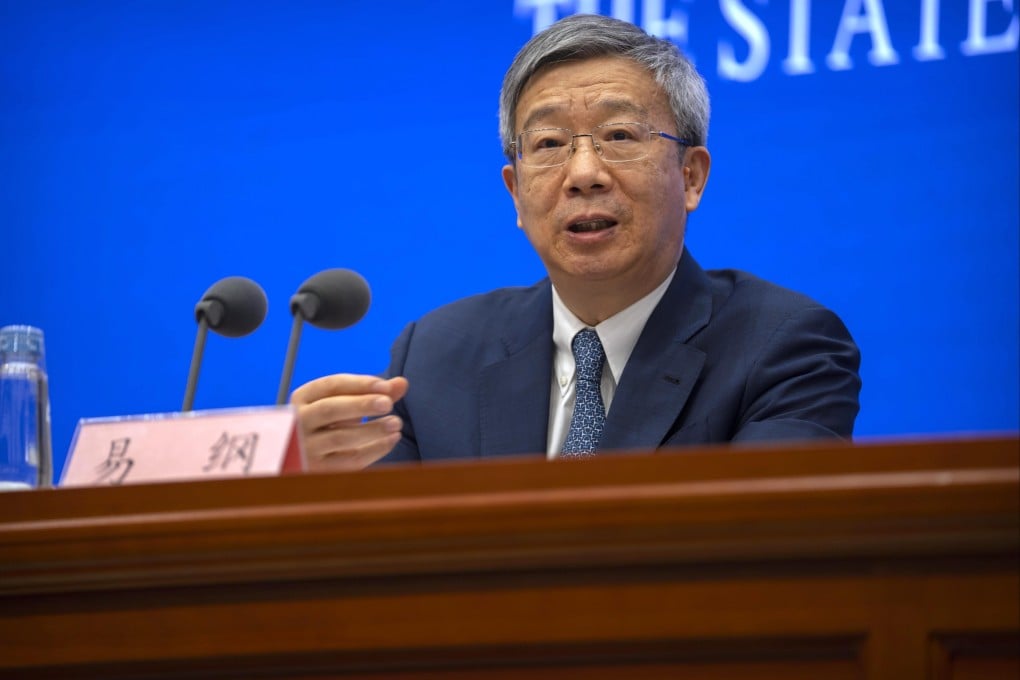China retaliation for US protectionism, while ‘never a good choice’, may be just starting
An expected escalation of the US-China trade war, and the Chinese public’s demand for a response, could light a fire under Beijing’s policymakers, former PBOC head says

With little option in the face of mounting protectionist measures from Washington, and coupled with a need to “give the public an account” of what is being done in response, Beijing may be forced to retaliate.
That was the message conveyed by former central bank governor Yi Gang on Wednesday, and it painted a worrisome picture of relations between the world’s two largest economies over the next four years.
“We all understand that, from an economics perspective, [retaliatory actions are] never a good choice,” Yi said at the annual Beijing-Tokyo Forum in Tokyo. “But there’s not much policymakers can do about that” in the face of mounting domestic pressure and rising concerns among international industry players.
Yi, who received a PhD in economics from the University of Illinois in the 1980s and was at the helm of the People’s Bank of China from 2018-23, did not explicitly mention the United States, but his comments were made as the focus among guest speakers was predominantly on US president-elect Donald Trump.
As policy advisers, we should speak up for the benefits of free trade
